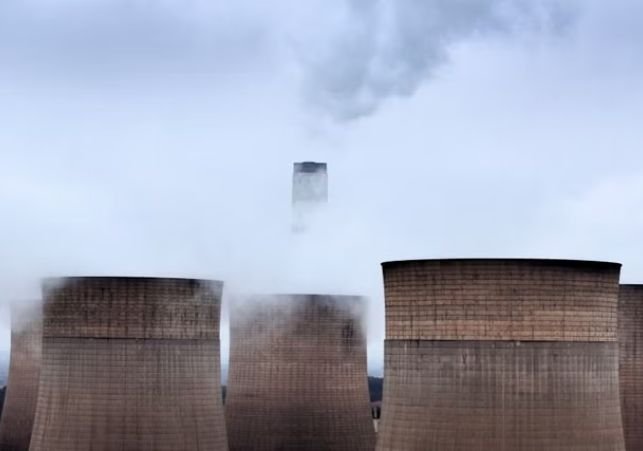The UK is finally coal free - how long until it has 100% clean energy?

The United Kingdom has recently made a historic leap towards clean energy by officially closing its last coal-fired power plant, the Ratcliffe-on-Soar facility in Nottinghamshire, as of October 1, 2024. This significant milestone marks the end of coal use for electricity generation in the UK, a full year ahead of the initially projected timeline. Over the past decade, the UK has seen a dramatic reduction in coal's role in its energy mix—from 39% in 2012 to less than 2% in recent years.
The closure is not just a symbolic victory; it reflects a broader trend among many countries aiming to phase out coal. Currently, more than a third of OECD countries have eliminated coal from their energy systems, with a substantial number targeting a complete phase-out by 2030. The UK’s transition has been fueled by policies promoting carbon pricing, investments in renewable energy sources like wind and solar, and reforms aimed at enhancing the electricity grid.
As for achieving 100% clean energy, the UK government aims for a fully decarbonized power system by 2030. This goal is ambitious but achievable, especially given the advancements in renewable technologies and a collective political will to drive the transition.










